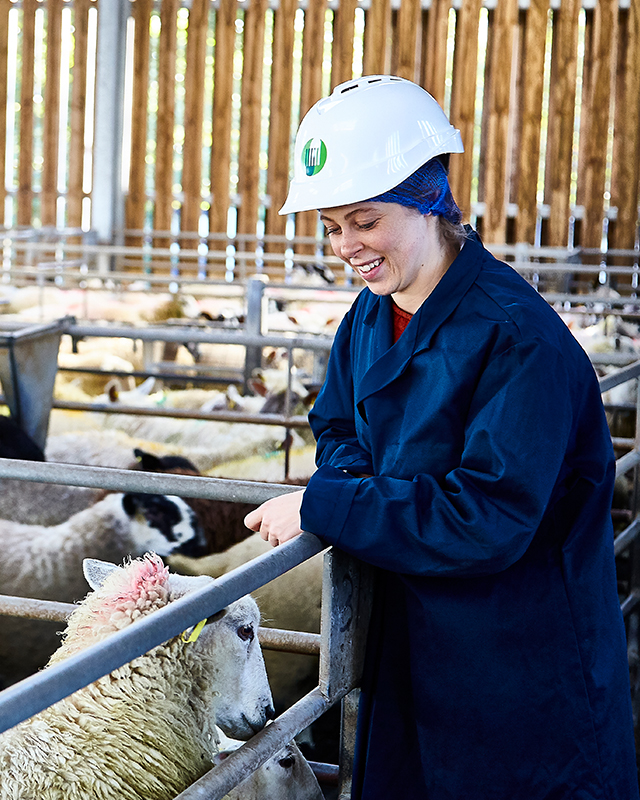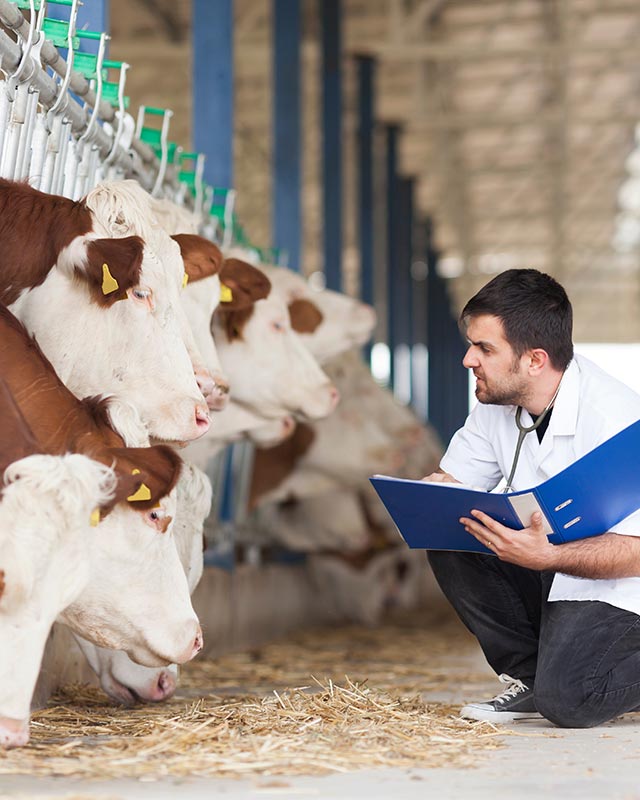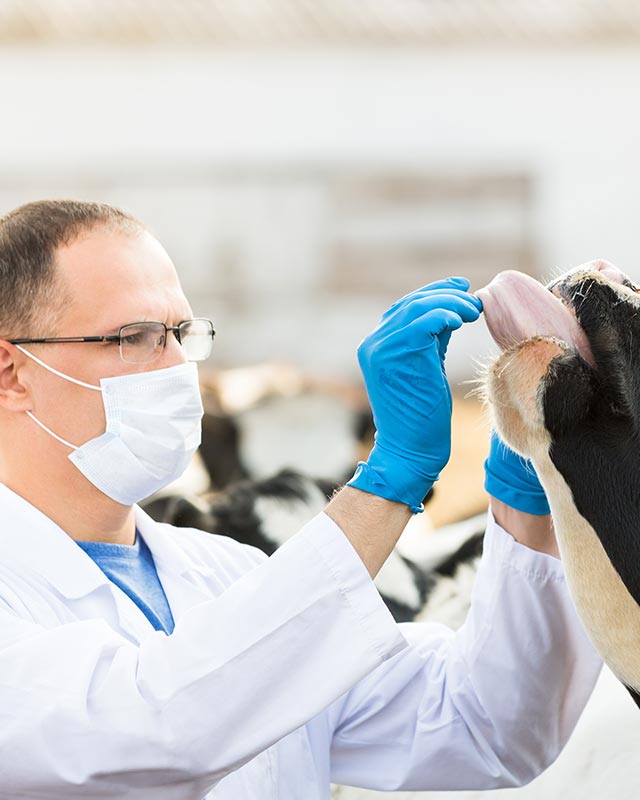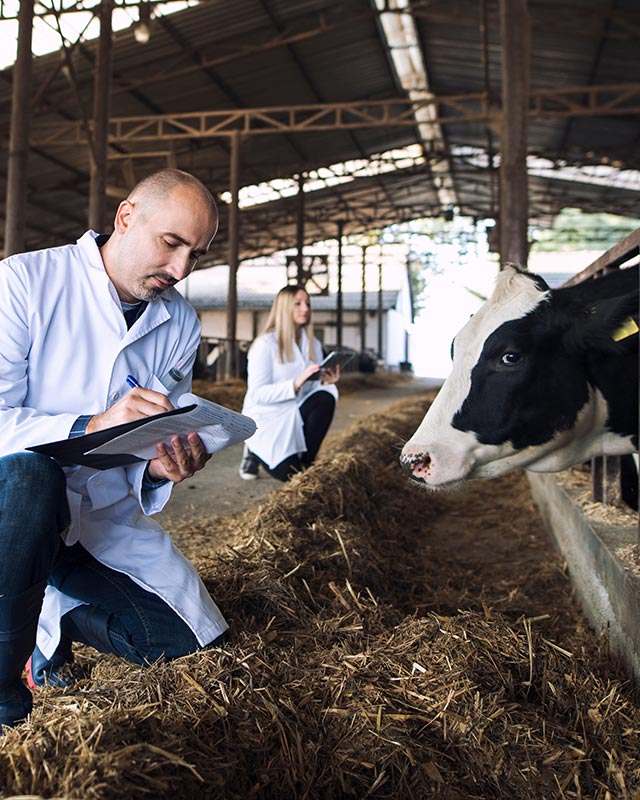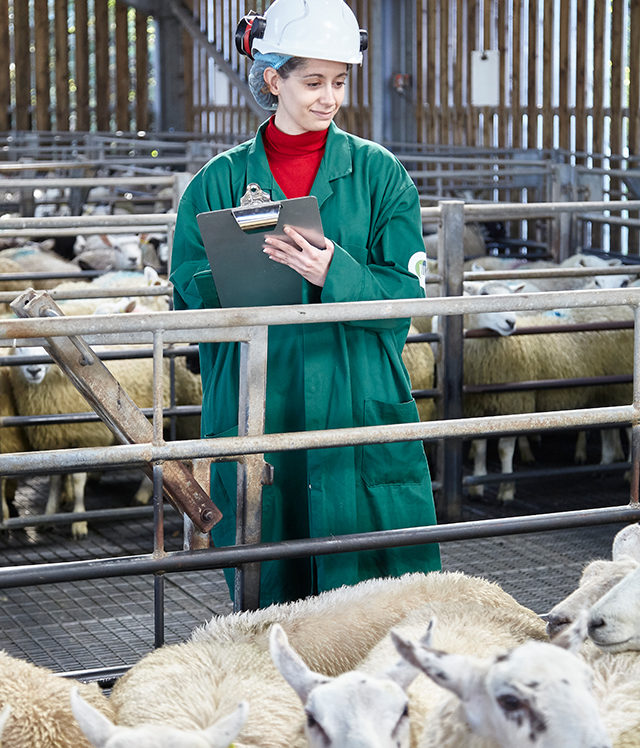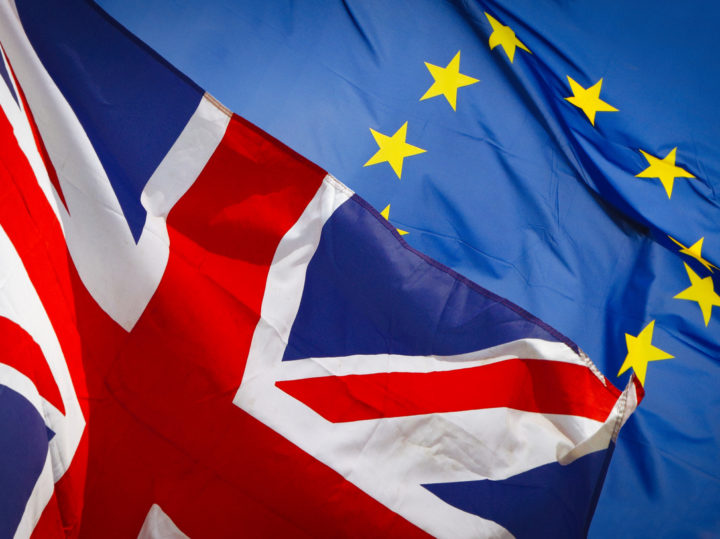Now Article 50 has been triggered, there are two years before it is finalised. Until then, all EU vets will have the same work and travel rights and, beyond that, UK industry has committed fully to supporting them in all negotiations.
In October 2016, the British Veterinary Association (BVA) and the Royal College of Veterinary Surgeons (RCVS) sent an open letter to the Prime Minister spelling out the importance of European vets to the quality of life in the UK: for example, 95% of those working in veterinary public health come from other member nations. The RCVS has now announced the three Brexit Principles that will guide its relationship with the government in all future discussions. These will support EU vets currently working in Britain and those that want to move here in the future putting their huge contribution front and centre of all talks about our departure and veterinary practice.
The RCVS’s first Brexit Principle is to ensure that important veterinary work continues. It explains that this will only be possible by ensuring that all EU vets currently working in the UK are allowed to stay indefinitely. Without these professionals, the quality of the country’s veterinary public health would be significantly reduced.
The second insists that our high standards of animal health and welfare must not only remain in place but be improved. The RCVS shows that this means ensuring freedom of movement for EU vets who graduate from schools accredited by the European Association of Establishments for Veterinary Education (EAEVE). The UK will always need highly qualified vets, wherever they are from.
Lastly, the RCVS will ensure it remains a global force for good after Brexit. This means supporting EU veterinary expertise by building networks for vets across Europe.
Brexit taskforce
The BVA has been working closely with the RCVS to create a Brexit taskforce. Details will be announced at the end of April. Already, the BVA has stated that it will provide unity and support for the RCVS’s celebration of EU vets, who can be sure of the full backing of the British veterinary profession, both now and in the future.
The Prime Minister’s 12-point Brexit plan states that the UK government is committed to having access to a free market within the world’s largest economy. This means that the UK’s valuable meat industry will have to continue to meet very high EU standards, with qualified vets needed to oversee welfare and hygiene in production plants. UK veterinary schools do not produce enough vets to fill these positions, so vets from the EU will always be needed and welcomed.
Whether you are a member nation vet working here or a graduate looking to do so, there is no doubt that you will be welcomed and supported throughout Brexit.


